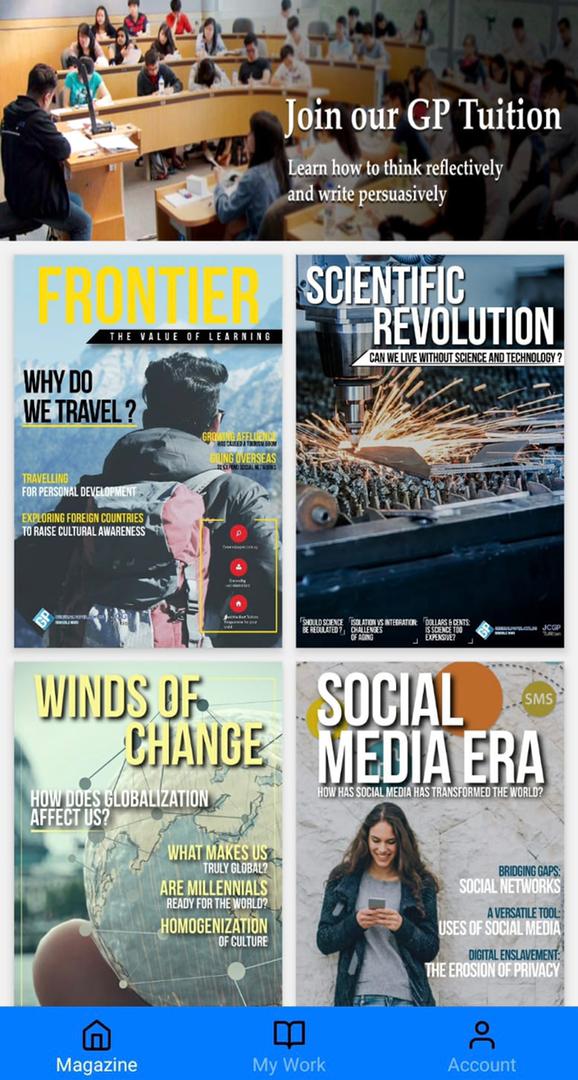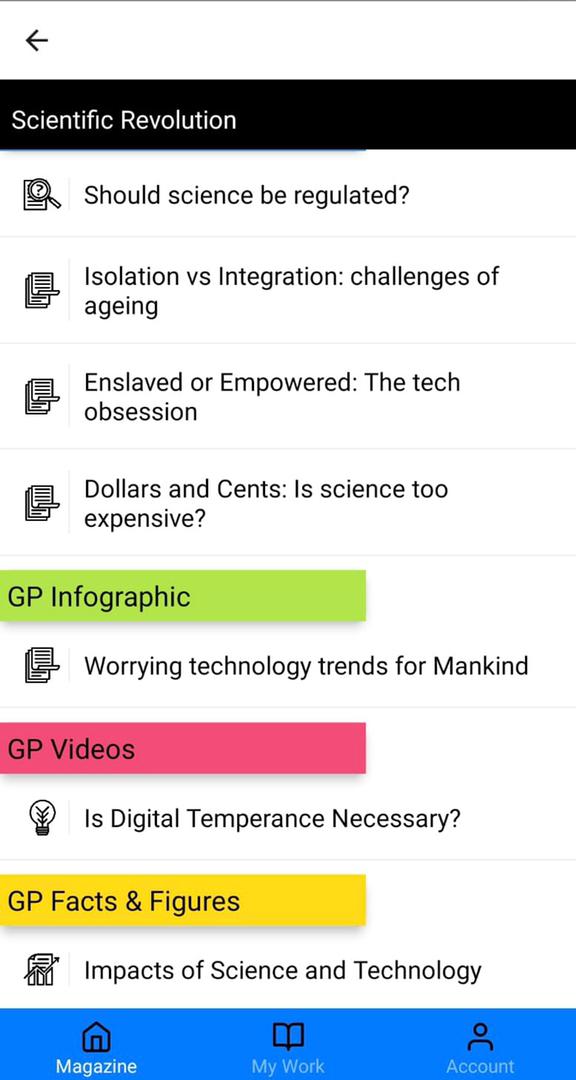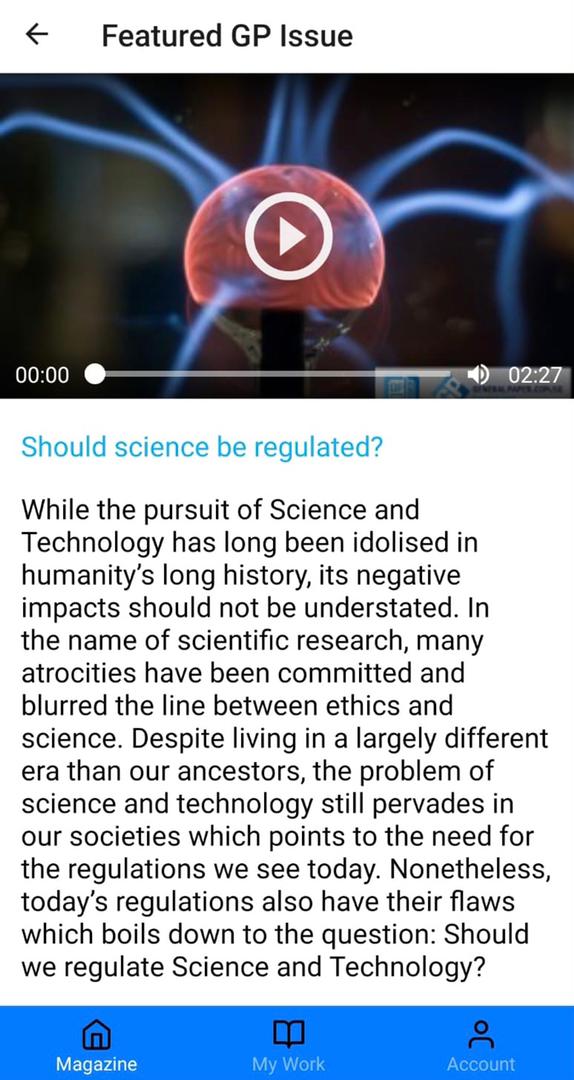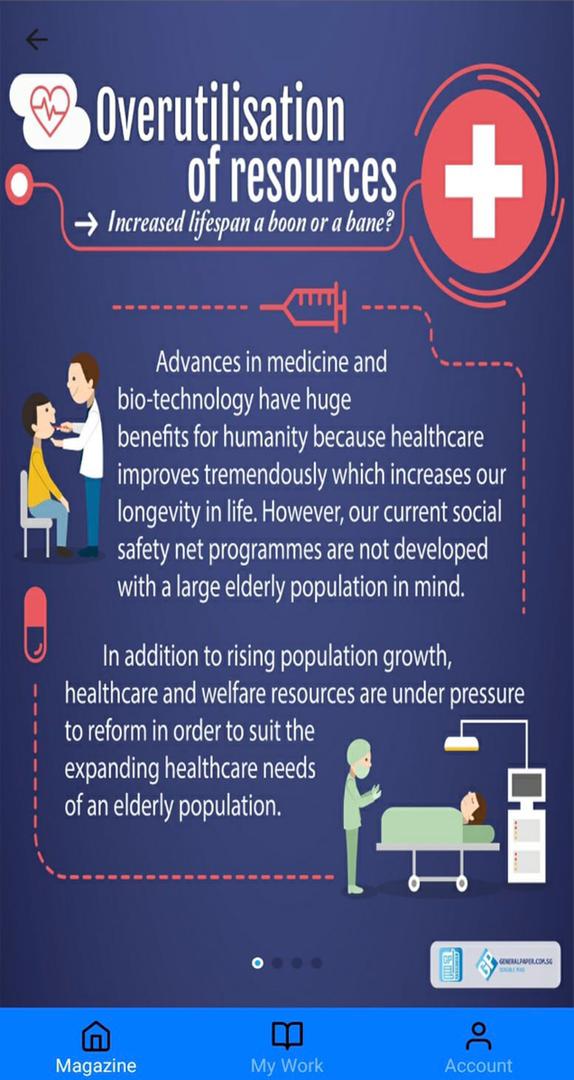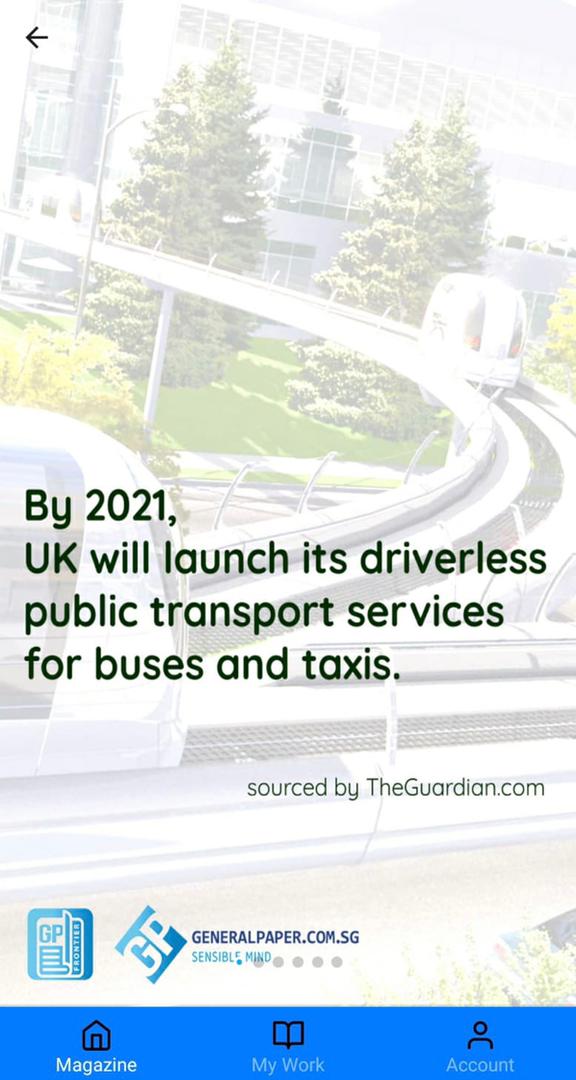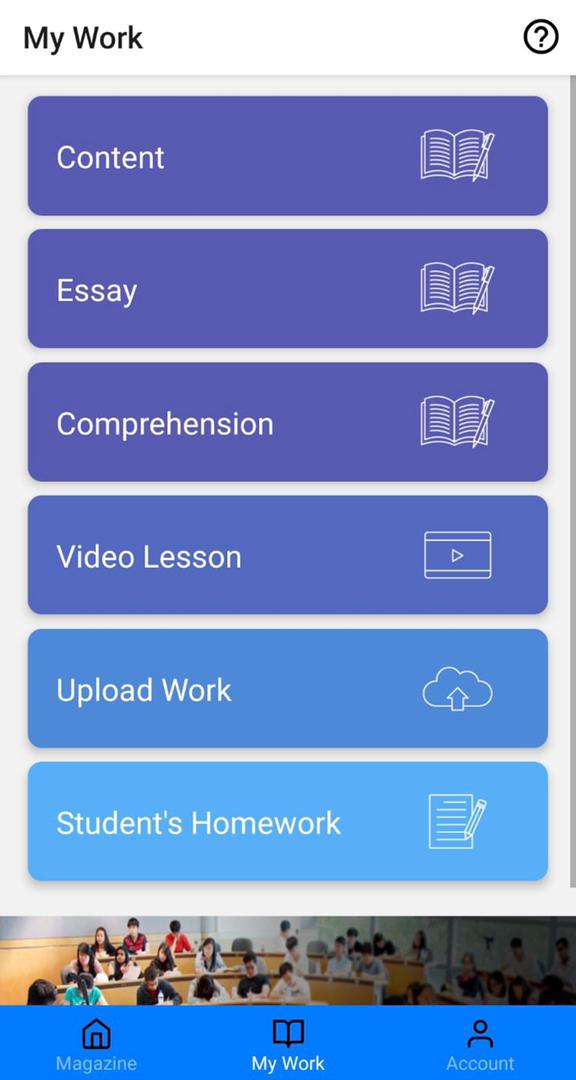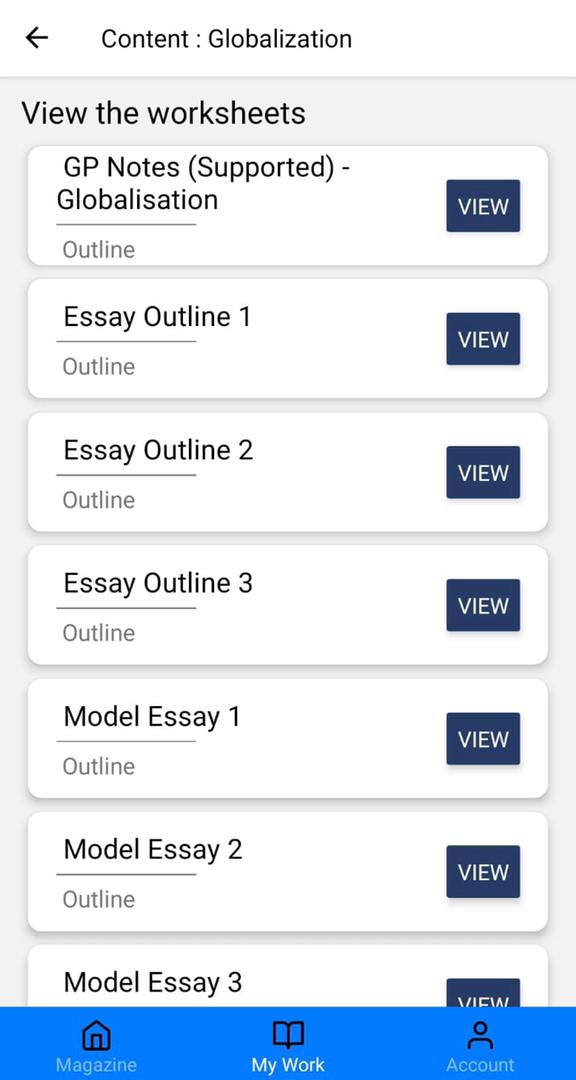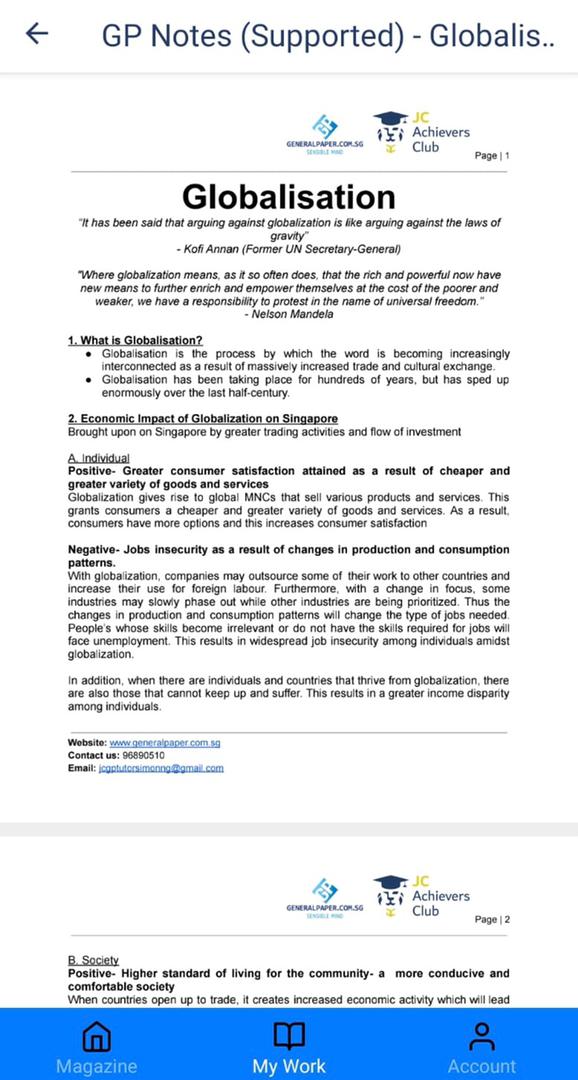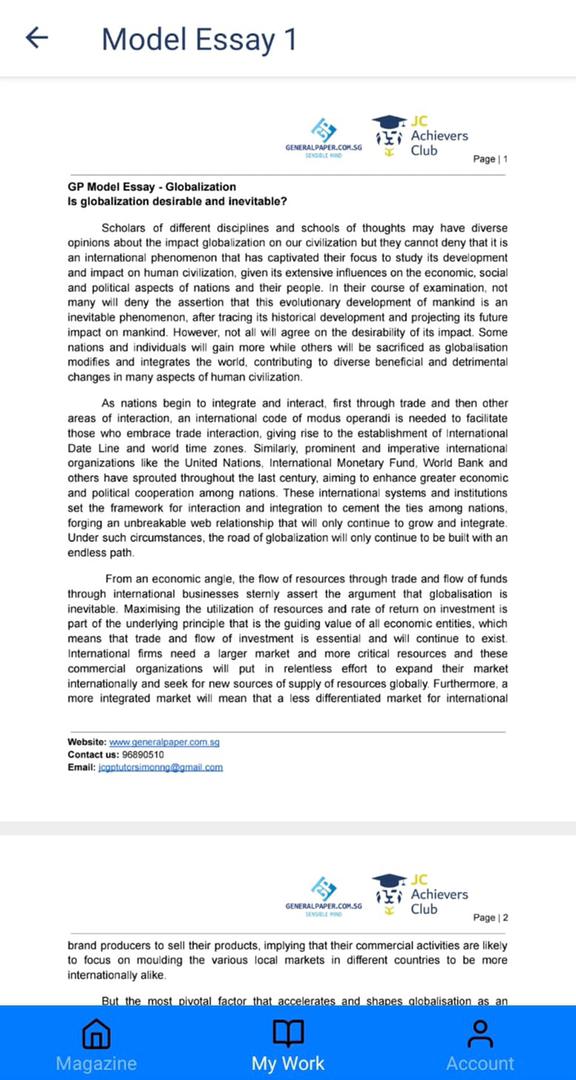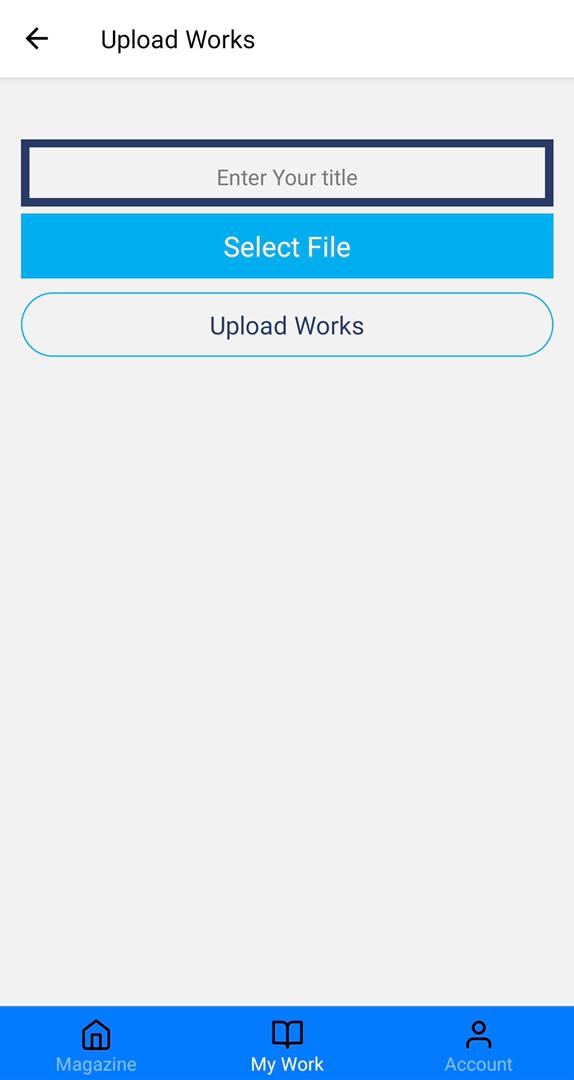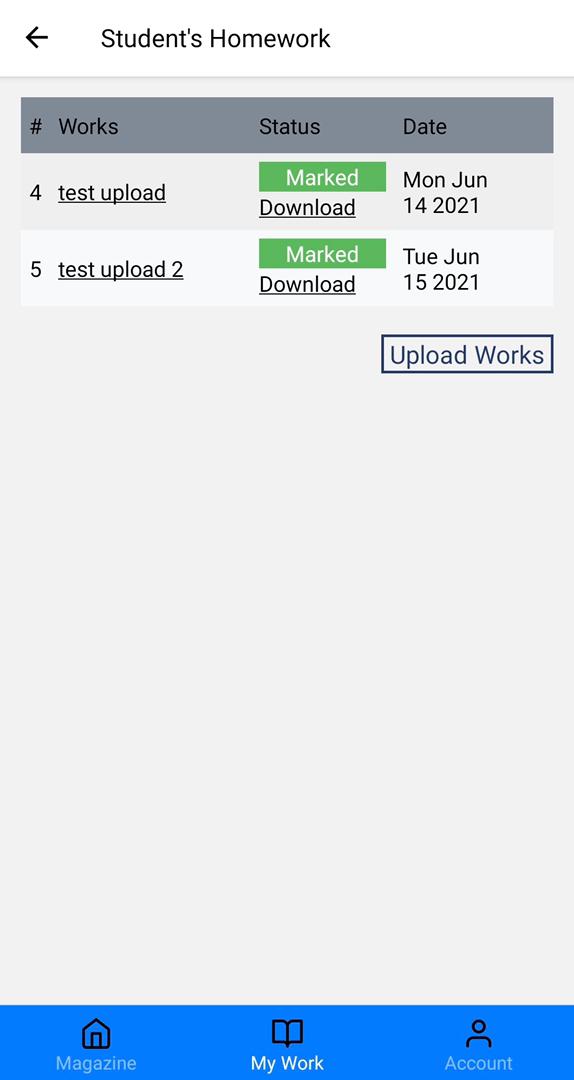Introduction
In the digital age, news and information has undergone a radical transformation. The change in medium has generated much dynamism, interactivity and flexibility in terms of how information is presented, conveyed and shared. Some would argue that news today maintains its reliability due to the pillars and processes in place to verify, ascertain and regulate sources. Yet, skeptics would dispel such baseless convictions due to the depth and dimension of economic and political interests involved. In view of such contrasting opinions , this essay asserts that news today can never truly be reliable due to inherent personal biases entrenched within a complex media landscape.
Main Body
Opponents would argue that news today is reliable due to the judiciary and regulatory processes in place to vet and uphold the quality of news sources.These guidelines utilise internet algorithms to proofread and cross reference to millions of sources found online. While laws enacted allow governments to correct and address falsehoods. For example, the Protection from Online Falsehoods and Manipulation Act(POFMA) enacted by the government in 2019 counter online falsehoods with correction directions.Theses directives allow a dose of truth to be brought to light, therefore maintaining and ensuring the reliability of news sources.
Yet, the above view has its limitations as the setting of yardsticks by particular interest groups in the name of the absolute truth could be abused for political ploy and gain. Regardless of laws or policies enacted, there is certainly a party that upholds the beacon of absolute truth which renders the rest as untruths. This perceived censorship of news could be used to intimidate independent media, striking fear into the hearts of critics and citizens alike. For example, the POFMA ruling has granted sweeping powers to the ministers. The Government’s lawyer Dy Attorney-General and former PAP MP Hri Kumar Nair put it more succinctly. “A correction direction can then be issued based on the minister’s interpretation.” Since the unveiling of POFMA, correct attempts have been directed at numerous opposition party members such as New Naritif’s Thum Ping Jin. The justifications though reasonable could very well spiral towards a state of absolute dictate.
On the other hand, news today can no longer be reliable due to the vested economic interests involved to generate sensationalist clickbaits and provoke reactions. Many media organisations run on an advertising model, where their revenue depends on the number of views they get for a particular news article or post. This cultivates a culture of intention-based writing that churns out content with the sole purpose to capture the audience's attention with exaggerated headlines and facts. For example, led by expats from The Huffington Post, Bleacher Report, and the New York Daily News, Slant pays its writers $100 per month, plus $5 for every 500 clicks, for three pieces a week. This payment model was once the crown jewel of content-heavy startups but this has greatly eroded the editorial integrity of journalists who chase after the clout and abandon the credibility and reliability of their news writing.
Furthermore, no news today has a truly objective and reliable standpoint due to the corrosive mix of political ideals and beliefs within. News today in a polarised landscape does not just carry a fact but includes an opinion too. Can opinion truly be unbiased? The fact may truly be the truth, but when placed in a larger context, the interpretation and arrangement of it generates personal biases. Therefore, with this potent combination and its intended agenda embedded within it, news today cannot truly be reliable. For example, in the polarised landscape in the United States, the staunch political beliefs and ideals of opposing political spectrums are accurately reflected in their news and media organisations. Media outlets like CNBC and CNN are known to be more left leaning while Fox News are more far-right in their news. During daily news sessions, correspondents are known to inject a dose of political belief into factual events, bringing across a subtle agenda. Therefore, with the inherent political interests in the media landscape, news today can no longer be objective, credible and reliable.
Lastly, news today is no longer reliable due to the ease of access to create, repackage and share content in an open digital format which would undermine the standards, ethical integrity of journalism. In the modern world, everyone can be a content generator. All one simply has to do is to research some facts online while inputting their own personal opinion within. Or simply whip out your mobile phone to generate content. And that is, the age of user generated content and public journalism, where we the people are the kingmakers of content, directing, influencing and moulding the nature of news today, making it all the more unreliable. For example, during the Brussels Bombing in 2016, Journalist Anna Ahronheim posted a video showing the destroyed facade of the airport, which swiftly made its way onto live TV and online newspapers. But Ahronheim didn't record the video herself, it had been shared in a WhatsApp group and she did not personally know the source.
Conclusion
In conclusion, the news today can never be reliable. First, there is an age old problem of personal biases and interests involved in the crafting of the news. Add in the polarised political and consumeristic landscape of today, it just adds depth and dimension to the issue. More importantly, the accessibility, interactivity and dynamism of new media does not help to alleviate the issue of reliability, further casting doubt, confusion and distrust to news sources.
Is news today reliable?
Author: Simon Ng & Jin Syl
Category: Mass Media
Be part of our vibrant learning community
Join now to get more learning resources like this

Join our FREE GP Learners Club
to learn anywhere and anytime!
Be a digital learner
and get Grade A for GP
Get learning resources Now?
GP Study Magazine
and cultivate writing and answering skills
 Learn More
Learn More
GP Videos | Content Enrichment |
GP Essays | Infographics | GP Facts
